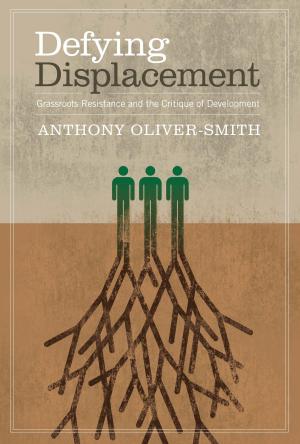Gay and Lesbian Themes in Latin American Writing
Fiction & Literature, Literary Theory & Criticism, Central & South American| Author: | David William Foster | ISBN: | 9780292733336 |
| Publisher: | University of Texas Press | Publication: | December 6, 2013 |
| Imprint: | University of Texas Press | Language: | English |
| Author: | David William Foster |
| ISBN: | 9780292733336 |
| Publisher: | University of Texas Press |
| Publication: | December 6, 2013 |
| Imprint: | University of Texas Press |
| Language: | English |
A taboo subject in many cultures, homosexuality has been traditionally repressed in Latin America, both as a way of life and as a subject for literature. Yet numerous writers have attempted to break the cultural silence surrounding homosexuality, using various strategies to overtly or covertly discuss lesbian and gay themes. In this study, David William Foster examines more than two dozen texts that deal with gay and lesbian topics, drawing from them significant insights into the relationship between homosexuality and society in different Latin American countries and time periods. Foster's study includes works both sympathetic and antagonistic to homosexuality, showing the range of opinion on this topic. The preponderance of his examples come from Argentina, Brazil, and Mexico, countries with historically active gay communities, although he also includes material on other countries. Noteworthy among the authors covered are Reinaldo Arenas, Adolfo Caminha, Isaac Chocrn, Jos Donoso, Sylvia Molloy, Alejandra Pizarnik, and Luis Zapata. David William Foster is Regents' Professor of Spanish at Arizona State University.
A taboo subject in many cultures, homosexuality has been traditionally repressed in Latin America, both as a way of life and as a subject for literature. Yet numerous writers have attempted to break the cultural silence surrounding homosexuality, using various strategies to overtly or covertly discuss lesbian and gay themes. In this study, David William Foster examines more than two dozen texts that deal with gay and lesbian topics, drawing from them significant insights into the relationship between homosexuality and society in different Latin American countries and time periods. Foster's study includes works both sympathetic and antagonistic to homosexuality, showing the range of opinion on this topic. The preponderance of his examples come from Argentina, Brazil, and Mexico, countries with historically active gay communities, although he also includes material on other countries. Noteworthy among the authors covered are Reinaldo Arenas, Adolfo Caminha, Isaac Chocrn, Jos Donoso, Sylvia Molloy, Alejandra Pizarnik, and Luis Zapata. David William Foster is Regents' Professor of Spanish at Arizona State University.















